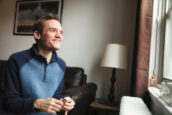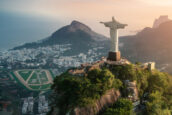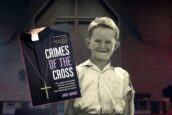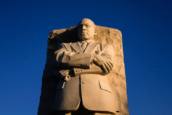
Walking the talk at the Palm Sunday Peace Rally
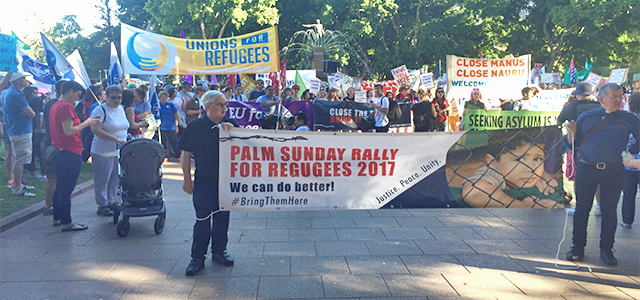
The US-led strike on Syria and the treatment of refugees in offshore detention dominated the agenda during the 2017 Palm Sunday marches.
Across Sydney, Brisbane, Newcastle, Canberra, Melbourne, Adelaide and Alice Springs, marchers called for the government to bring asylum seekers detained in Australia’s offshore detention centres to the mainland. The Uniting Church in Australia endorsed and promoted the rallies. In a statement released before the rally, president Stuart McMillan called for members to attend their local event.
“The Uniting Church in Australia has since its inception spoken out about justice and the rights of refugees and people seeking asylum,” he said. “Palm Sunday is time to walk that talk.”
“It is a time when Christians can march alongside people of all faiths and no faith with the common purpose of compassion for others and passion for justice.”
A diverse coalition of activists attended the Sydney Palm Sunday rally, starting at Hyde Park then marching to Circular Quay. Religious groups, unions, and refugee advocates were among those who took part.
Dr Sue Wearam from the Medical Association for the Prevention of War was among those who spoke at the Sydney rally. Dr Wearam highlighted that wars were creating refugees, with of the world’s asylum seeker population coming from three war torn countries: Syria, Afghanistan, and Somalia.
“We are told that there are noble motives for the Australian government for our defence force participation in these wars. Yet…there is…no official Australian government estimate… of the numbers of people (killed).”
“Our leaders talk about the importance of democracy (and yet) the leaders of the two biggest political parties refuse to consider a role for our parliament in a decision to go to war, which is the biggest decision a country can make,” said Dr Wearam.
Dr Wearam called for parliament to be allowed to vote over whether or not Australia would go to war, a decision that is currently made by the prime minister. Dr Wearam said that, before deciding to join allies in conflict, the Australian government needed to first consider factors such as how many refugees it was willing to take.
Also speaking was Nikala Sim, a journalist who had befriended a small group of asylum seekers held on Australia’s offshore detention centre in Papua New Guinea’s Manus Island.
“Last December, I joined the Manus Island Cricket Team Facebook page. I discovered my friends who are now my family,” Ms Sim recalled.
For Ms Sim discovering how her friends used humour to overcome the difficult situation they are in, was heartwarming.
“I have six friends on Manus and I love them all dearly,” said Ms Sim.
Before meeting her friends in person, Ms Sim explained it was hard to comprehend the full plight of the people detained on Manus.
“You may think that because I am a journalist, I must know a lot about conditions at the centre on Manus. I don’t,” Ms Sim said. “My early questions were met with silence and a polite request to discuss another topic.”
Ms Sim told the Sydney rally that, after meeting her friends face to face, she had the chance to discuss their situation.
“They’re brothers…They support each other, they love each other,” said Ms Sim.
According to Ms Sim, in their own words, the men were “begging” the Australian government to allow them to settle in Australia.
The Palm Sunday Peace Rally is a long running tradition. The events often highlight social justice issues of the day. In 1985, 350,000 people marched across Australia in Palm Sunday anti nuclear marches. At the biggest event, held in Sydney, an estimated 170,000 marched.
Jonathan Foye is a freelance journalist and academic.





